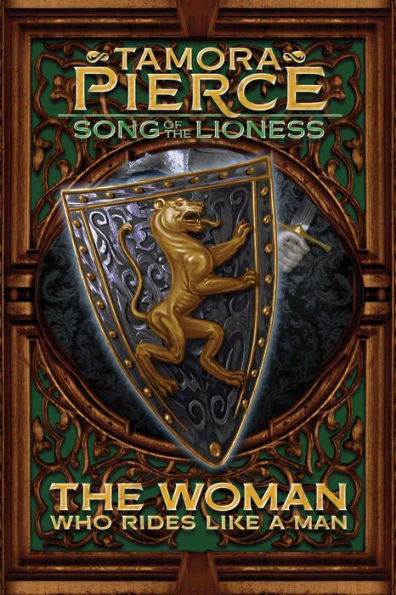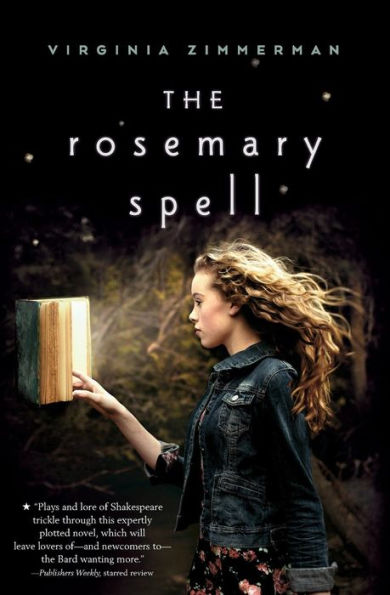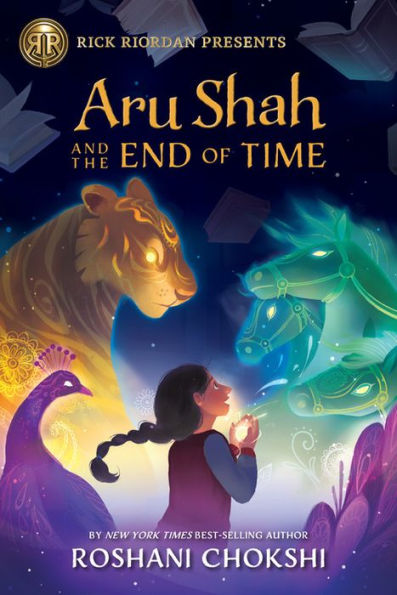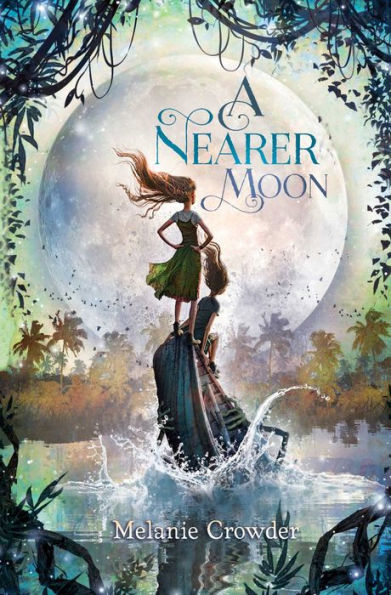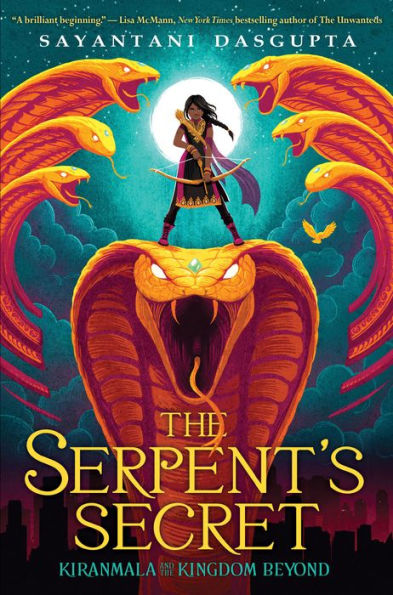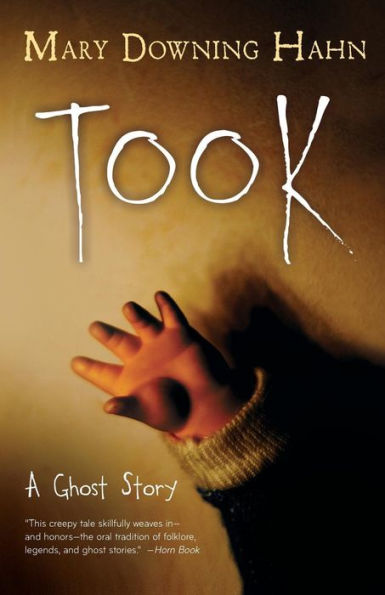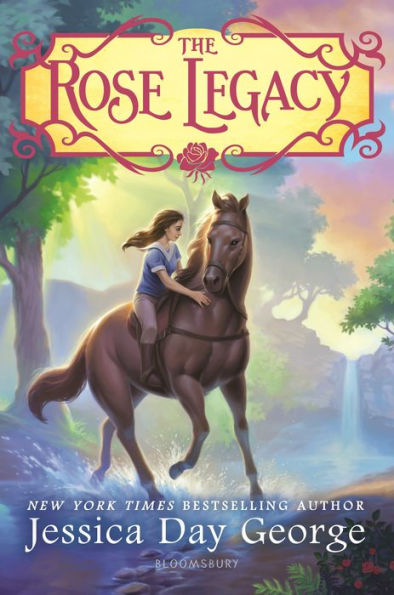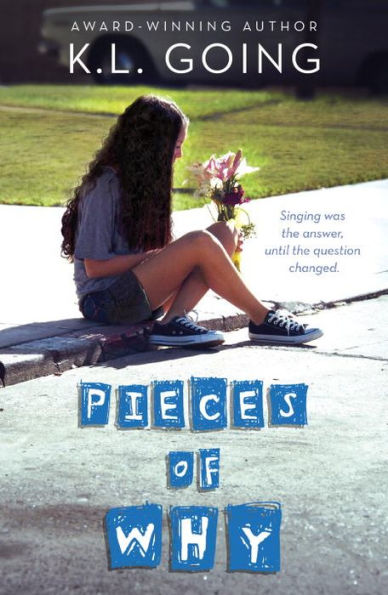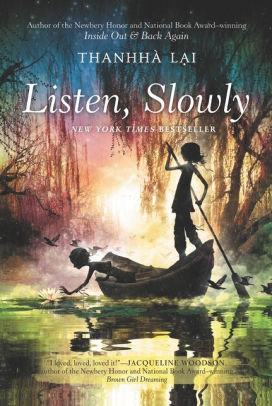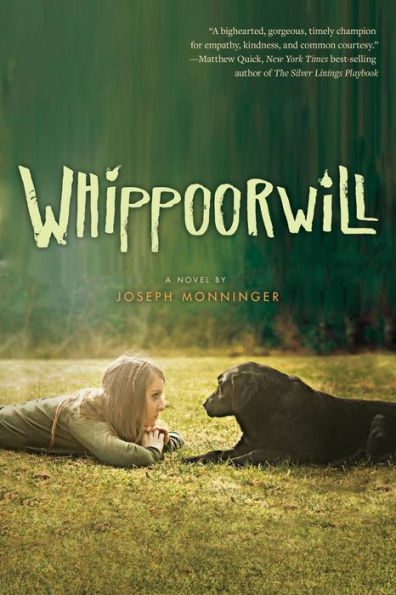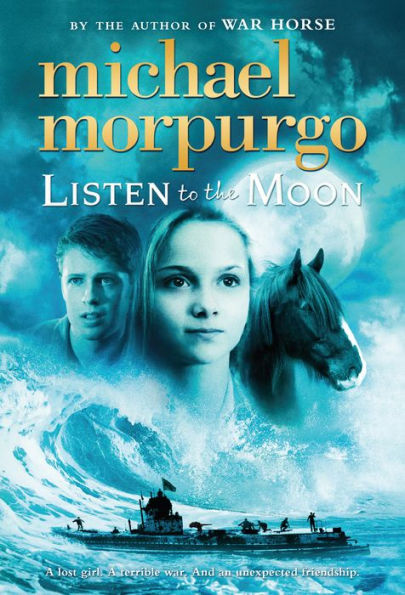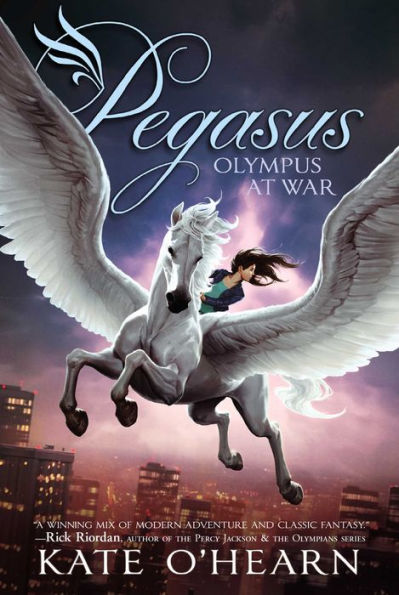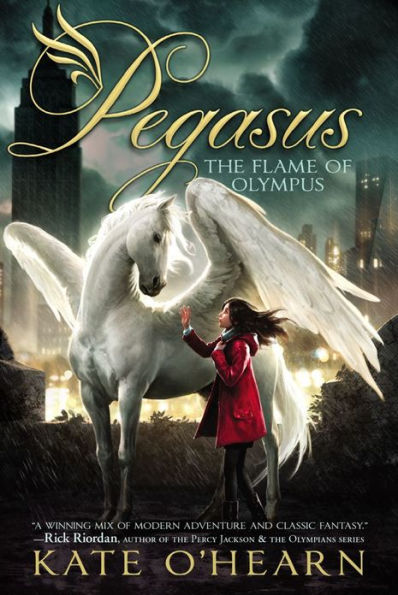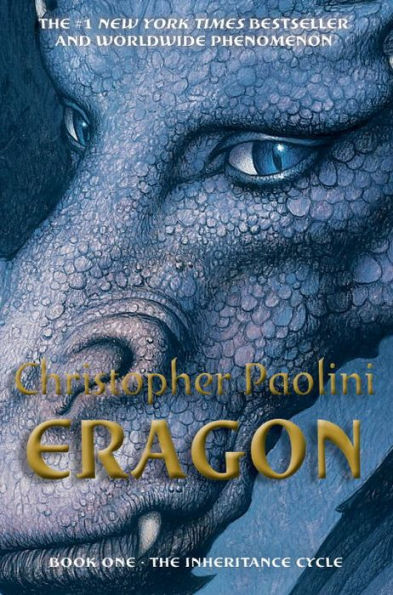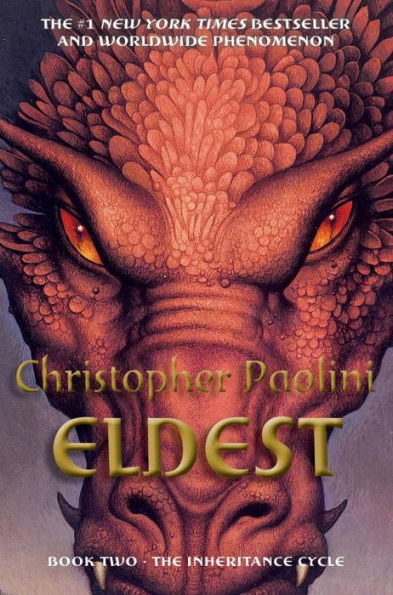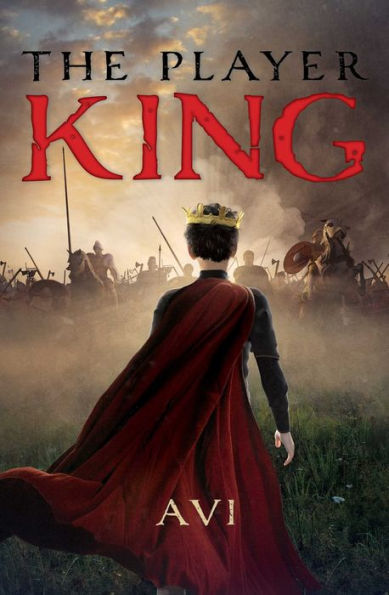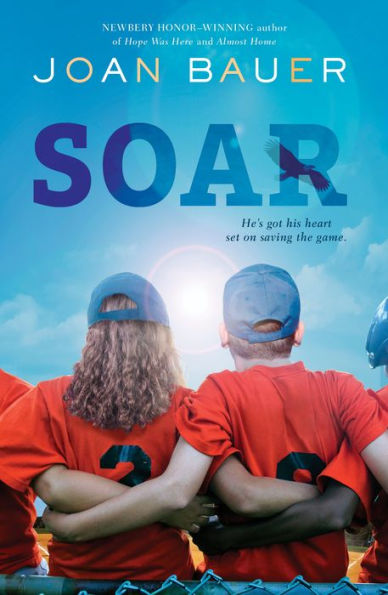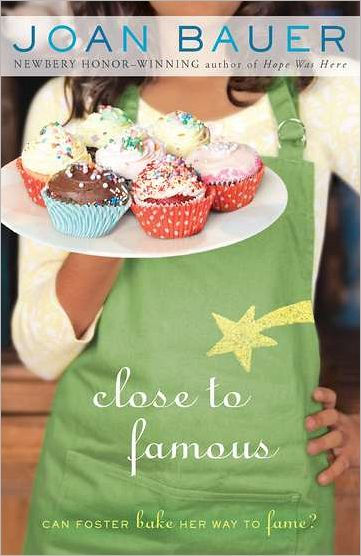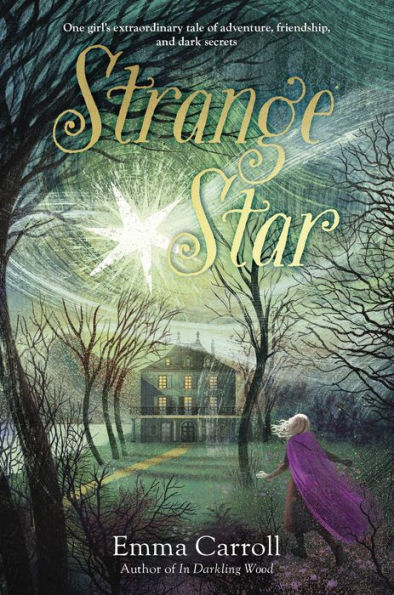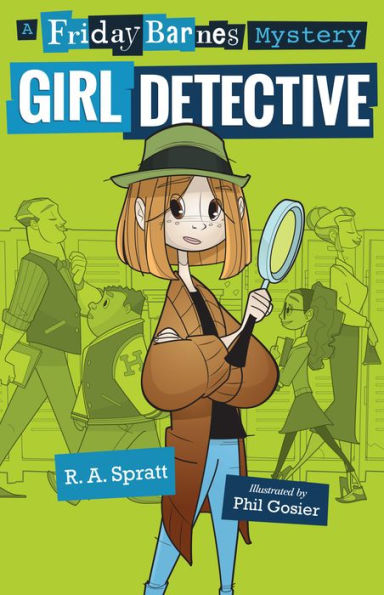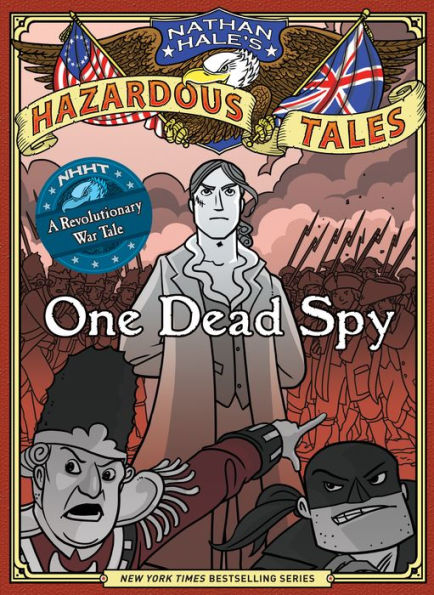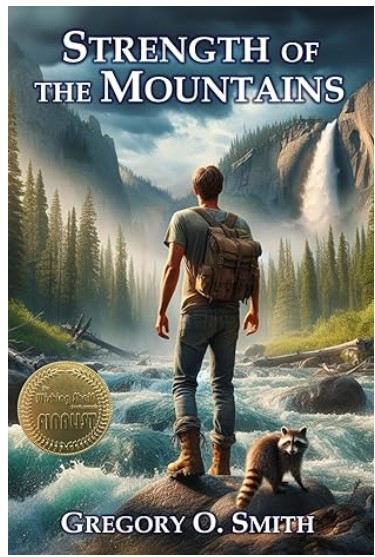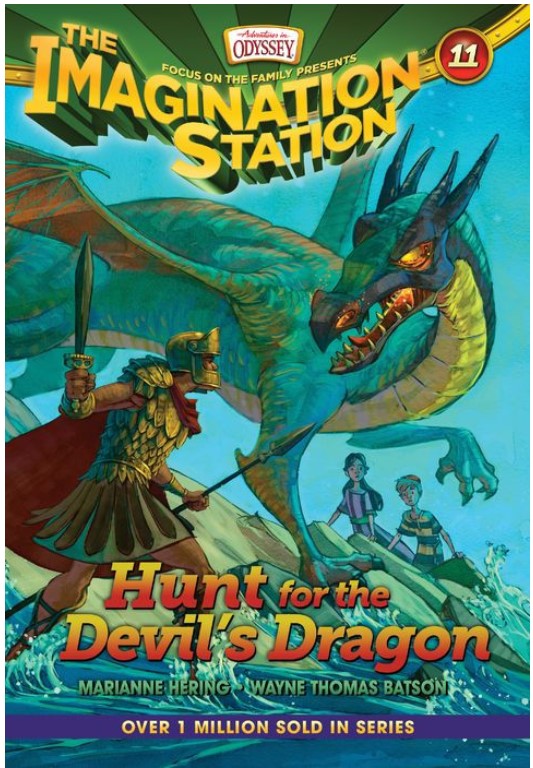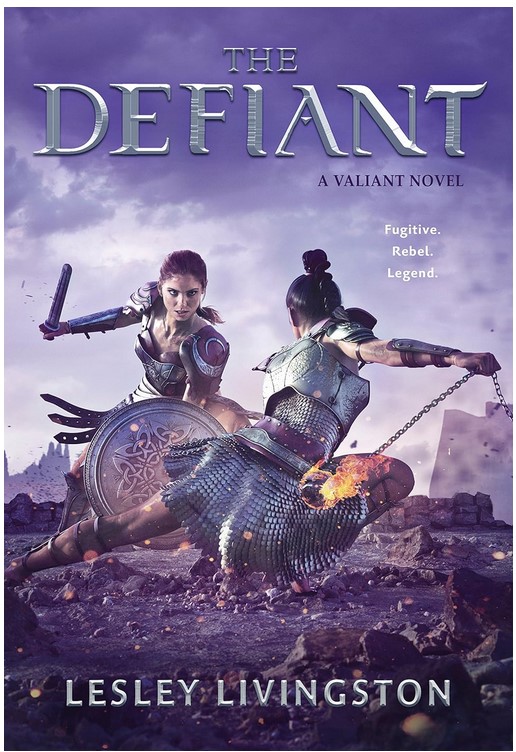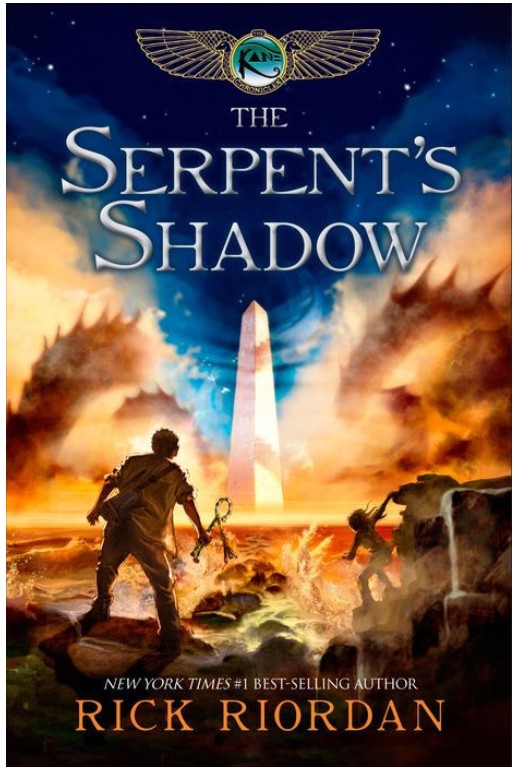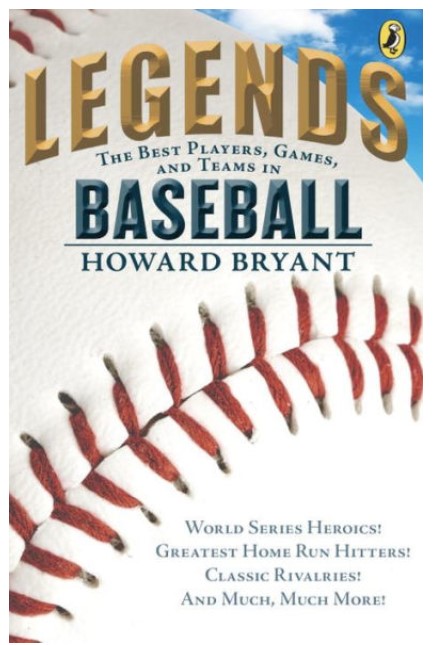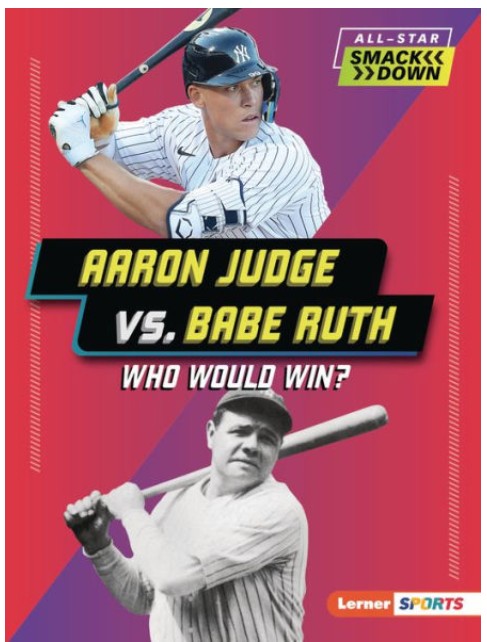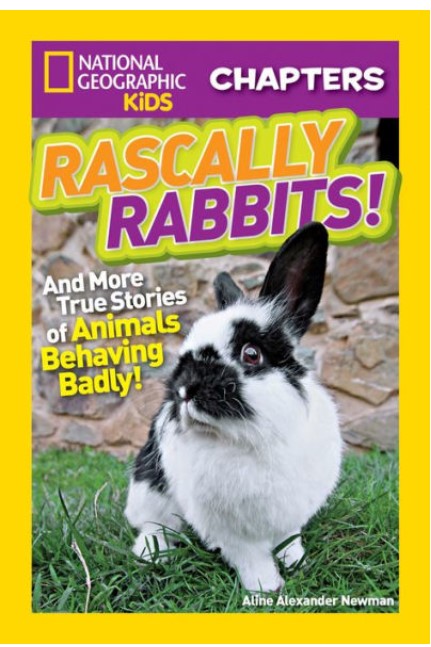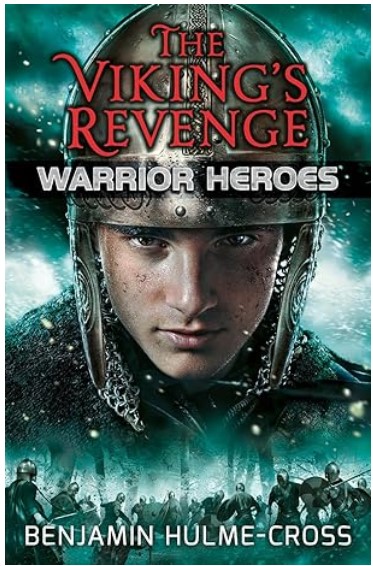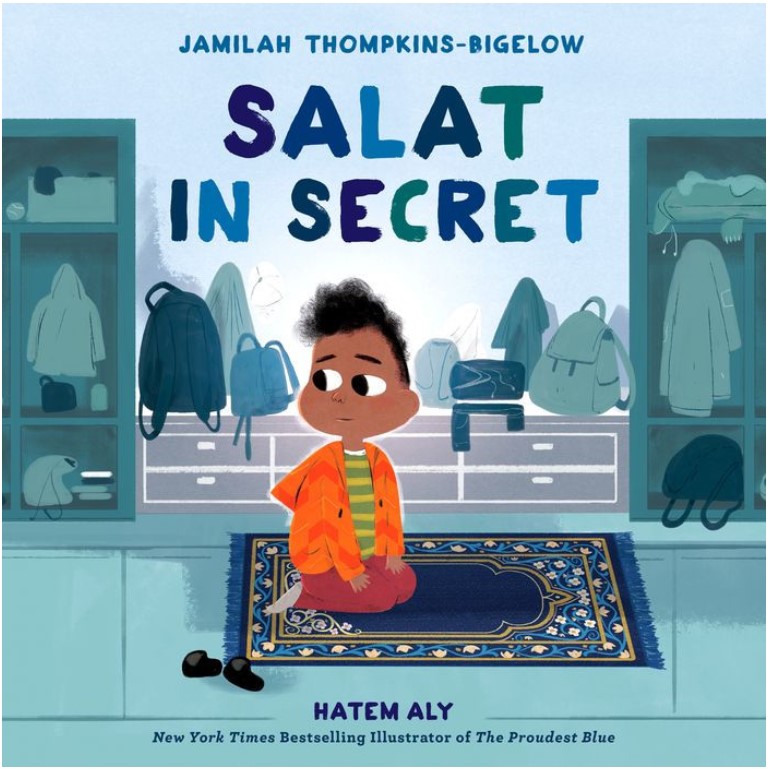Alanna has revealed to the world that she is a woman; the first woman knight in hundreds of years. Thanks to the less-than-warm welcome she received at court, Alanna decides to travel south in search of adventure. After a violent conflict with some hillmen, Alanna is set on a course that leads to her being adopted by a tribe of Bazhir. After becoming the tribe’s shaman, Alanna must train the young Gifted children in the tribe how to control their magic. As she begins to learn what life is like in the Southern desert, she finds herself the student as often as the teacher.
Alanna has become a knight, a duty that she takes seriously. She is a kind and honorable woman; a strong role model. Her story is packed with fighting, magic and adventure. The fighting is exciting but not gory, making it appropriate for a wide range of readers.
Sexual Content
- Alanna and Jon are lovers. “He kissed her fiercely. She returned the kiss, feeling heat rush through her at his touch. He bore down to her sleeping mat; in the time that followed, they knew they still desired each other.”
- Alanna tells Jon that, ” ‘women of bad reputation’ go without veils among the Bazhir . . . All this time I haven’t worn a veil, but it took me until tonight to get a bad reputation.”
- Jon proposes to Alanna, then asks. ” ‘Do you still wear that charm Mistress Cooper gave you to keep you from getting pregnant?’ She showed it to him, hanging half-hidden on the same chain that suspended her ember-stone. ‘I never go without it.’ ‘I trust you’ll leave it off after we’re married,’ he said with a yawn.”
- Alanna and Jon get into a fight. ” ‘What about all those women at the palace and the way they look at you?’ Alanna demanded. ‘And I know you’ve had affairs with some of them! They’ve made you into a conceited–’ “
- After Alanna breaks up with Jon, she asks George to kiss her, but he says, ” ‘Oh, no . . . If I kiss you again now, one thing will lead to another, and this isn’t the proper place for that sort of carryin’-on.’ ‘Then take me to a place that is,’ she suggested.”
Violence
- Alanna and Coram fight with hillmen. Coram is, “trying to fend off three at once. He yelled in pain as one of them opened a deep gash on his sword arm. He swore and attacked again, dropping his shield and switching his sword to his good left hand . . . Alanna caught another blow from the crystal blade on her shield, feeling the shock through her entire body.”
- Alanna duels a Bazhir to prove her worth. “He feinted high and then drove in, his knife coming up from beneath. Alanna turned her side toward him; as his arm shot past her, she seized it and wrenched him over her hip . . . Twisting, Alanna stabbed through the web of muscle on the bottom of his upper arm. She yanked her knife free just as one of his fists struck the middle of her spine, driving the wind from her lungs.”
- Alanna is forced to fight a shaman. “Violet fire sprang into being, whirling to encircle Ibn Nazzir. He shrieked and swept the sword around him; the wall vanished. He charged; Alanna jumped, kicking him to the ground. With a roll she was on him, wrestling for the sword.”
- Alanna tries to tame an evil sword. “She ducked under the swing of the axe-man and came up inside, running him through. For an instant sick, black triumph roared into her mind. She froze, knowing the sword’s magic was turning her fierce pride in being the better fighter into an ugly joy at killing.”
- Alanna helps her tribe fight off another tribe with her Magic. “She sent a whip of violet fire at the shamans, determined to end the problem at its source. One dropped to the ground when her magic reached him, screeching in agony. A second streak of fire, red in color, picked off another shaman–Ishak had seen her purpose, and was helping.”
- A boy is destroyed by a magical sword. “The sword’s magic reflected back from her protection, enveloping Ishak in a ball of flame. He screamed, once. Then he was gone.”
Drugs and Alcohol
- The Voice of the Tribes smokes a “long pipe.”
- Alanna gives a girl wine to calm her down.
- George tells Alanna’s brother that he, “Best have a shot of brandy to steady your nerves.”
Language
- None
Supernatural
- Some people have the magical Gift, which manifests differently in different people. Some are able to heal, while others use their Gift to fight or control the weather. In the Bazhir, people with the Gift are trained to be shaman. Alanna eventually starts a school for magic.
- Alanna is adopted by a Bazhir tribe. “In a swift movement the man opened a low shallow cut on the inside of her forearm. Holding out his own wrist, he did the same to himself, then pressed his wound to Alanna’s . . . Alanna shuddered as an alien magic flooded into her body. She knew without being told that Halaf Seif was only a pathway for this sorcery, that its origins were as old as the Bazhir tribes.”
- A shaman attacks Alanna’s pet. “Frantically he drew shimmering yellow magical symbols in the air . . . A wall of purple magic streaked from her fingers to surround Faithful, just as yellow fire left the shaman’s hands. It shattered against the wall protecting Faithful.”
Spiritual Content
- There are many deities in Tortall, such as the Dark God and the Crooked God. Different people honor different gods. Alanna is watched over by the Goddess, who has visited her and given her a token. ” ‘It is a token given me by the Great Mother Goddess, from Her own hand!’ Those listening drew back, awed and frightened. The Mother was as well known and worshipped here as she was in the North; none of them would use Her name lightly.”
by Morgan Lynn
